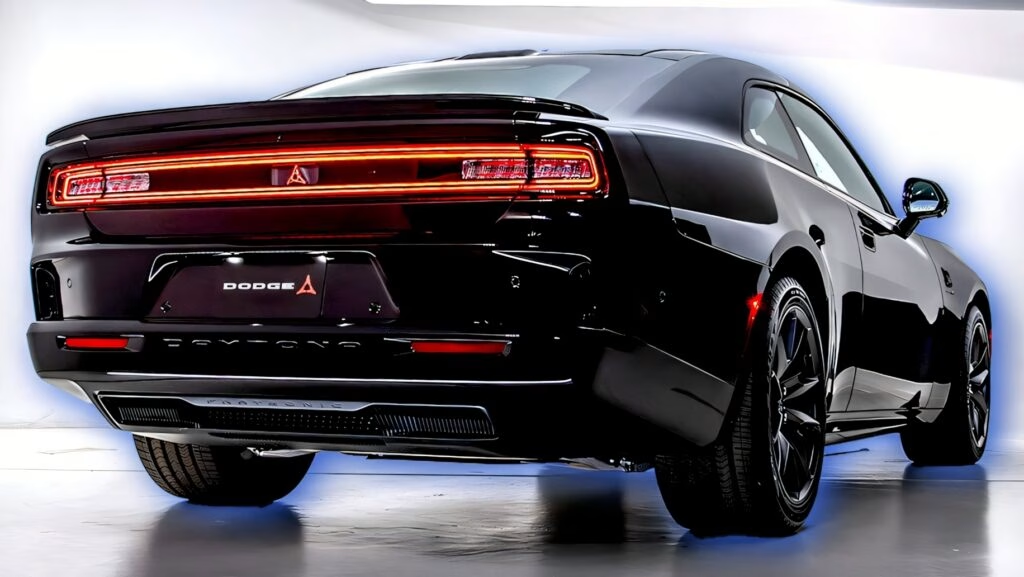Dodge is gearing up for an exciting leap into the future of electric vehicles (EVs) with the development of solid-state batteries, thanks to a partnership with Factorial. This collaboration marks a significant step for Stellantis, the parent company of Dodge, as they aim to enhance their EV offerings. Let’s dive into what solid-state batteries mean for the automotive industry and why this technology could be a game-changer.
What Are Solid-State Batteries and Why Do They Matter?
Solid-state batteries are touted as the next big thing in battery technology. Unlike traditional lithium-ion batteries, which use liquid electrolytes, solid-state batteries employ solid electrolytes. This shift offers several advantages: they promise faster charging speeds, higher energy density, and improved safety. Imagine charging your vehicle from 15% to 90% in just 18 minutes! That’s the kind of efficiency that could make EV ownership much more appealing.
Dodge and Factorial have been collaborating since 2021, but the real excitement begins in 2026 when they plan to test prototypes on public roads. This hands-on approach will allow them to fine-tune the technology and address any potential issues before a broader rollout between 2028 and 2032.
How Will This Technology Impact Performance?
Factorial’s solid-state batteries are designed to deliver a staggering 375 watt-hours per kilogram. This means not only faster charging but also a greater range compared to conventional batteries. For consumers, this could translate into longer trips without the anxiety of finding a charging station.
Moreover, the performance of these batteries in extreme temperatures is noteworthy. Factorial claims that their technology can operate effectively even in temperatures as low as -30 degrees Celsius. That’s a significant improvement over many current battery technologies, which often struggle in cold weather.
What About Weight and Safety?
One of the most exciting aspects of solid-state batteries is their potential to be lighter than traditional batteries. This could allow automakers to design vehicles that are both efficient and powerful without the added weight that typically comes with larger battery packs. A lighter vehicle not only improves performance but also enhances energy efficiency.
Safety is another critical factor. Solid-state batteries use non-flammable materials, which significantly reduces the risk of fires—a concern that has plagued lithium-ion batteries. This advancement could lead to greater consumer confidence in EV technology.
Who Else Is Involved?
Dodge isn’t the only automaker exploring solid-state battery technology. Factorial is also collaborating with major players like Kia, Hyundai, and Mercedes-Benz. This collective effort across the automotive industry suggests a strong belief in the potential of solid-state batteries to revolutionize electric mobility.
The Future of EVs
As we look ahead, the excitement surrounding solid-state batteries is palpable. With the promise of faster charging, longer ranges, and improved safety, this technology could play a pivotal role in the widespread adoption of electric vehicles. The collaboration between Dodge and Factorial is just one example of how the automotive industry is evolving to meet the demands of a more sustainable future.
The big takeaway? Solid-state battery technology isn’t just about making electric vehicles better; it’s about reshaping the entire landscape of transportation. Keep an eye on these developments, as they could redefine what we expect from our vehicles in the coming years. Start with one change this week, and you’ll likely spot the difference by month’s end.

